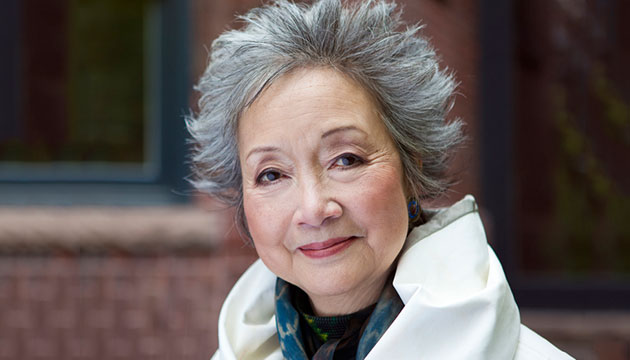Bayanihan is a valued tradition among Filipinos. In Philippine villages, its spirit draws farmers to join hands and help each other plow the fields, plant and harvest the rice, maintain irrigation canals, or move a house.
It inspires urban dwellers to get together and volunteer to patrol the neighbourhood to keep peace and order or fight fires.
Interestingly, when Filipinos migrate to Canada, the bayanihan spirit continues to permeate their community life through the formation of Filipino associations.
As they blend into mainstream Canadian society, Filipinos maintain active links with their kababayan (compatriots) through spontaneous or organized activities. They see each other in Catholic churches every Sunday. They buy Philippine groceries in the same sari sari stores or eat in familiar Filipino restaurants. When they send money to family back home or ship balikbayan boxes to relatives, they go to Filipino agencies for money remittances and cargo delivery.
Filipinos are scattered in cities or towns wherever they may choose to reside. They do not form ethnic enclaves like Chinatown, Little India or New Saigon. But they prefer to deal with their compatriots in social linkages as part of the Filipino cultural value rooted in a reciprocal kinship system of trust. They seek out fellow Filipinos when needing the services of a physician, lawyer, dentist, realtor, car dealer, mechanic, insurance agent, plumber or barber. The communal nature of Filipinos – their strong need to be part of a group – has led to a proliferation of Filipino associations all over Canada.
The 2017 issue of Dahong Pilipino (www.dahongpilipino.ca) listed 161 associations in British Columbia alone. A 2006 Philippine Embassy listing of Filipino associations all over Canada included 535 associations registered with the Embassy. Others estimated the number to range from 800 to1000 because they claimed that when two or more candidates ran for a tightly contested presidency of an organization, the losers often formed a separate organization. Ontario has the most number of Filipino associations. Based on the Philippine Embassy list updated under Ambassador Francisco Benedicto in 2006, Filipino associations were organized based on categories such as a member’s place of origin in the Philippines or the Canadian city and town of residence.
Filipinos are joiners and Filipino associations give them the opportunities to socialize, network and benefit from mutual aid services. As the number of Filipinos in Canada increases, so does the number of Filipino associations. In Canada’s diverse society, Filipinos find oneness in belonging and togetherness in the company of people with whom they share a common interest.
By Prod A. Laquian for
The CFNet Editorial Board
Contact us at:










